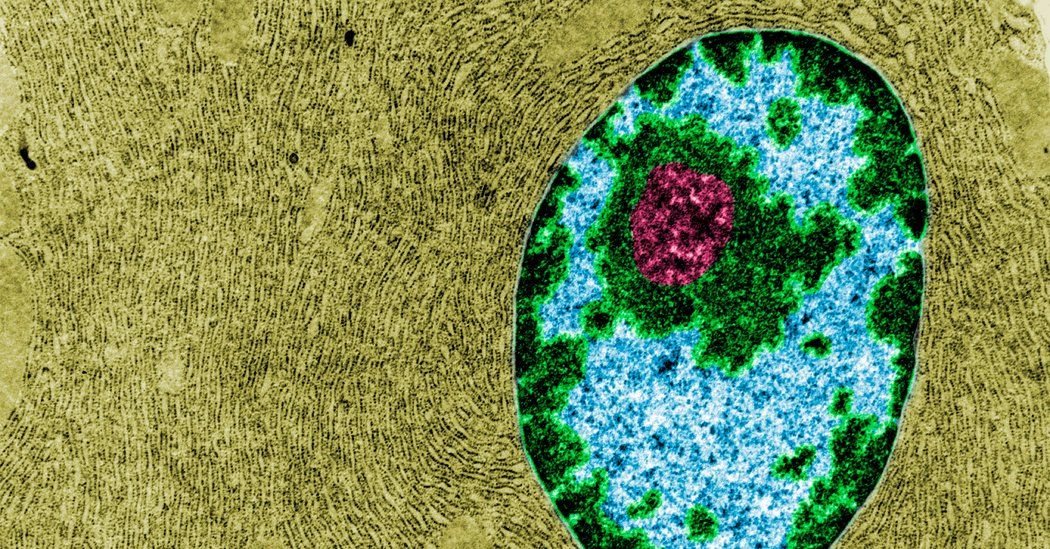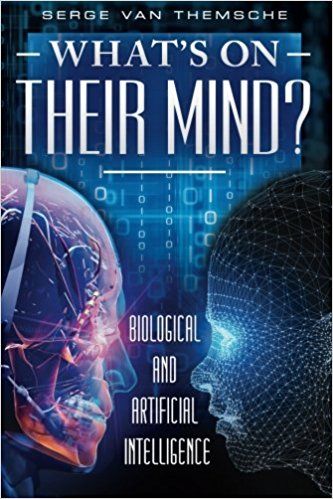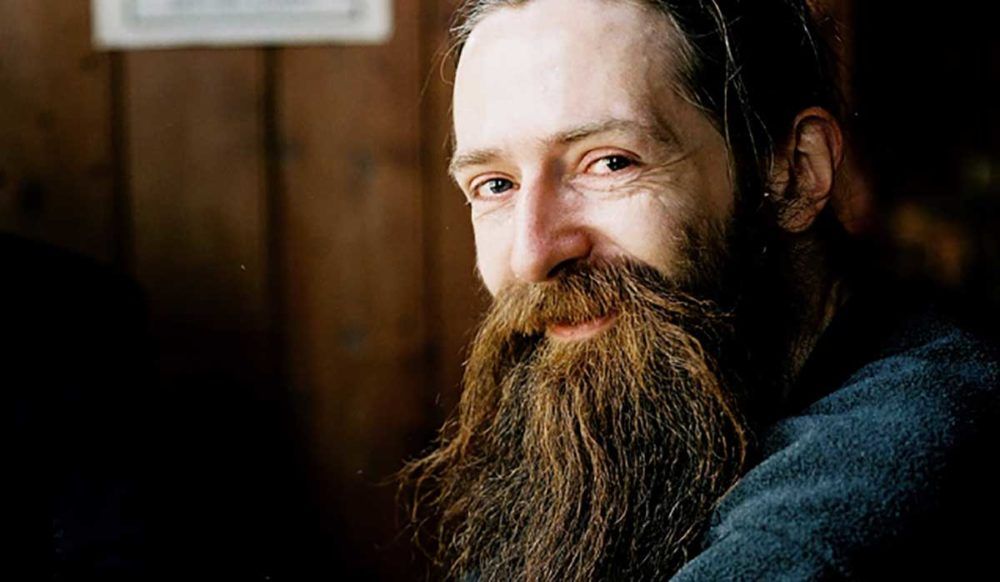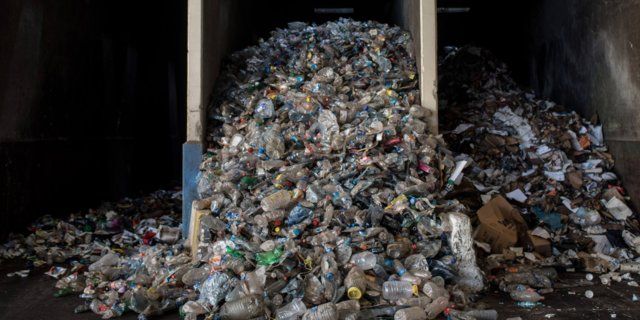May 31, 2018
Heroes of Innovation: Zoltan Istvan
Posted by Zoltan Istvan in categories: biological, geopolitics, transhumanism
I’ll be speaking at the exciting Future Flux Festival on the Heroes of Innovation program section on June 15 in the Netherlands. Come join me! https://www.futurefluxfestival.nl/…/heroes-of-innovation-z…/ #transhumanism
Transhumanism is the field of merging human beings with machines and radical science. The field has grown from fringe to a nearly mainstream social movement. Today, there are tens of millions of transhumanists around the world, many who are scientists and technologists focusing on overcoming biological death with innovation. The movement got a major push when Zoltan Istvan, a former journalist for National Geographic, published his bestselling philosophical novel The Transhumanist Wager. In 2016 Zoltan ran for the Presidency of the United States as the nominee of the Transhumanist Party. His campaign was broadly covered in major media for nearly two years, and it helped spearhead the transformation of transhumanism into a thriving worldwide phenomenon. Always wanted to know more about transhumanism? See you at the Future Flux Festival!
Zoltan Istvan is also part of our Heroes of Innovation panel. After their presentations you can ask our panel anything. Take a deep dive into the minds of these great innovators!

















